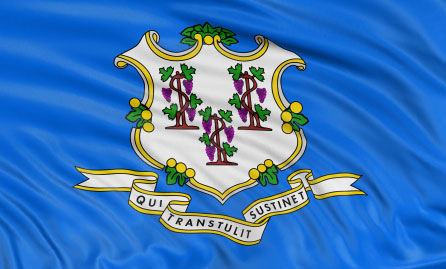Student Loans
Student Loans
College Loan Benefits
Applying for Loans
Choosing a Lender
Compare Loans
Borrowing Amount
Government Loans
Federal Loans
Government Loans
Stafford Loans
Perkins Loans
Federal Direct Loans
Low Interest Loans
Fed Loan Distribution
State Student Loans
Alternative
Alternative
Parent PLUS Loans
Graduate PLUS Loans
Home Equity
Major Lenders
Loan Organizations
Private Student Loans
ACS Student Loans
NelNet
Sallie Mae
Signature Loans
Loan Consolidation
Loan Consolidation
Consolidation Benefits
Consolidation for Graduate Students
Loan Repayment
Repayment Options
Loan Grace Period
Student Loan Discounts
Loan Cancellation
Student Loan Precautions
Loan Forgiveness
Defaulted Loans
Getting Out of Default
Loan Deferment
Loan Forbearance
Few people look forward to the student loan search, primarily because the process seems complex and baffling. If you commit this simple strategy to memory, you will feel less disoriented: seek scholarships and grants first, then any federal loans you can find, and only after exhausting those funds should you apply for private loans. Following that list of priorities will keep your college costs to a minimum, because you will consider the alternatives most financially beneficial to you first.
Most parents and students tend to overlook the aid opportunities available directly through their state of residence. The Connecticut Student Loan Foundation (CSLF) and its affiliated lender, Susie Mae, are no longer in the loan business. Instead, the Educational Credit Management Corporation (ECMC) is now managing Connecticut's loan program.
You may wish to read this question-and-answer sheet in order to understand that transition.

The State of Connecticut's Office of Financial and Academic Affairs for Higher Education (CTOHE) is the branch of government responsible for administering student financial aid programs, including student loans. CTOHE recommends the following federal loans to its resident students:
As always, in order to apply for any federal student loan you must fill out the Free Application for Federal Student Aid (FAFSA) and make certain you file it before the current deadline.
CTOHE's website is your main source of current and complete information for Connecticut loans, and you can consult the handy chart on this page to review your options at a glance. Connecticut offers two state loan programs:
Private student loans should be your last option when you're looking for ways to pay for college. Sometimes called alternative loans, these loans are based on the creditworthiness of the borrower, and can be quite expensive for a student. However, if you cannot manage to piece together the funding that will put you through college without going to private lenders, you'll be grateful for the chance to use them.
You should be aware that the private market does not make the same allowances that other student lenders may make for unexpected financial difficulties. The bank's goal is to make money rather than help you complete your education, so always exercise caution in making these loans. If you have questions, you may consult the CTOHE website for advice.